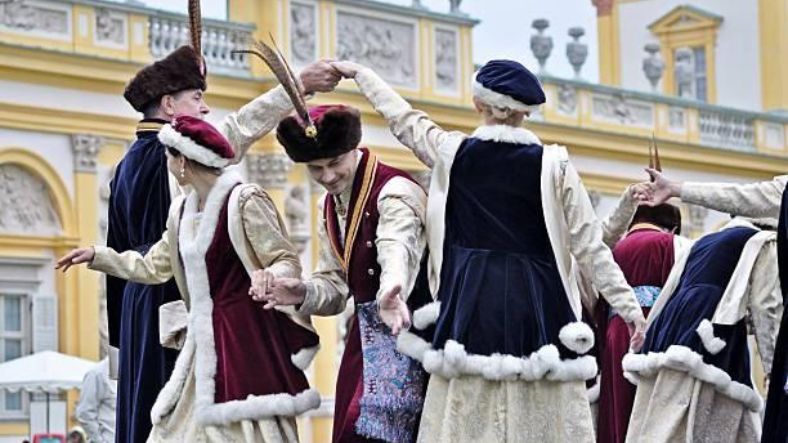When you hear of Germany, what pops into your mind? Precision engineering? Non-emotional rationalism? A military machine that conquered much of Europe in World War II? Beautiful Bavaria?
How about France? Perfume, passion, the wine of aesthetics, a casual-paced rural life-style, sensuality, fashion, striking architecture?
And Poland? Down through the centuries, what are the Poles known for? James A. Michener’s Poland reports something worth our attention and thought because today we are still like the Polish gentry of a few centuries ago.
Comparable to English barons, these 17th and 18th century magnates owned vast lands. They were the movers and shakers of society.
Being suspicious of centralized power and jealous over their own turf, they refused to grant allegiance to any Polish king. They refused to grant a central authority enough power to secure the common protection!
So century after century, Poland was a trampling ground for armies – Genghis Khan’s Tartars; the Teutonic Knights; the Prussians; the Swedes; followed by the Germans; and until recently, the Russians.
Why? How?
The heart of Michener’s historical novel is a 168-page chapter entitled “The Golden Freedom.” That chapter documents what happened many times in the Seym (Congress). Michener wrote, “The incredible labarum veto, by which one man in a Seym of hundreds could negate and prorogue the entire work of the Seym by merely crying “I oppose!” was a major cause of Poland’s disappearance from the map of Europe, but it was defended as the last refuge upon which a free landowner could rely to defend his freedom.” (Emphasis KGK)
Baffling? Not really. People of all centuries are like those Polish lords. Refusing to grant enough authority to a fellow Pole, they suffered a worse fate at the hands of foreigners.
When the Living God seeks our submission to Him, we are suspicious, certain that slavery is God’s motive, fearful of surrendering our autonomy. In seeking “freedom from God,” people became slaves to bitterness, resentment, pleasure, alcohol, drugs, pride, passion—none of which satisfy—and all of which are bankrupt after death.
The Lord Jesus said, “If the Son [Jesus Christ] shall make you free, ye shall be free indeed” (John 8:32-36). What the world calls bondage (going to church; reading the Bible, praying, obeying God), God calls freedom. And what the world calls freedom (extra money, immorality, being unaccountable, strokes to one’s ego, material things), God calls bondage.
How foolish of us to want our own little fiefdom at the expense of suffering invasion after invasion from all that human flesh is attracted and vulnerable to. Human nature prompts us to believe that freedom is doing things our way. As the Polish gentry refused a native authority, creating a government powerless to protect its people, so too do we insist on running our own lives, at the cost of real security and freedom.

Recent Comments